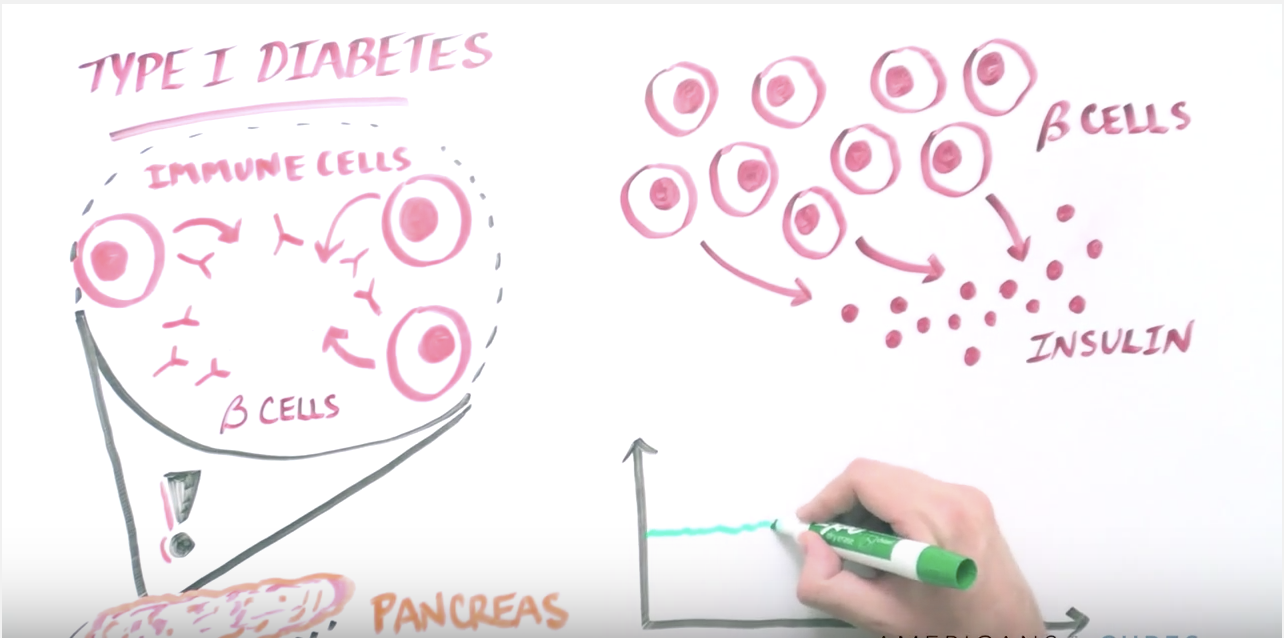Thanks to funding from Proposition 71, California’s $3 billion investment in stem cell research, and the state funding entity it created, the California Institute for Regenerative Medicine (CIRM), there are now 36 human clinical trials in various stages of progress, including a trial for sickle cell disease.
Condition: Type 1 Diabetes
Accepting Applicants: Yes
Status: Phases 1/2 trials in progress
Description: Clinical trial of stem cell gene therapy for Type 1 Diabetes
CIRM Funding Brief: “Type 1 diabetes develops when the body’s own immune system kills the insulin-producing beta cells in the pancreas. Without insulin, blood sugar levels can spike, and cause organ and nerve damage, heart disease, limb amputation, or even death. This clinical trial will use human embryonic stem therapy to replace the lost beta cells that cause Type 1 diabetes. The partnership is developing a beta cell replacement therapy for insulin-dependent diabetes. If successful, the therapy will go beyond insulin function, and will perform the full array of normal beta cell functions, including responding in a more physiological manner than manual or mechanized insulin administration.” Read more at CIRM.
Current Sponsor: ViaCyte, Inc.
Principal Investigator: Robert Henry, James Shapiro
Institution: UCSD, University of Alberta, ViaCyte, Inc.
Phase 1/2 Filed: N/A
Phase 1/2 Approved: N/A
Cell Therapy Type: N/A
NCT No. / Link: NCT02239354
Completion Date: Projected August 2017
Last Updated: November 1, 2016
As this clinical trial moves forward, we will update this page. Check back here for future developments.
As scientists and patient advocates build on the progress that Proposition 71 has enabled, we must keep the momentum going, understanding that there is still much work to be done. We must remember that human trials will celebrate successes; but, barriers will surface, along with complications and challenges, so patience and understanding of the scientific discovery process is essential. Even the setbacks will provide critical knowledge that will bring us closer to curing or mitigating devastating diseases and injuries. Only with continued support for biomedical research can we increase our understanding of the therapeutic potential of stem cells, and translate that understanding into meaningful treatments that help give patients their lives back.



